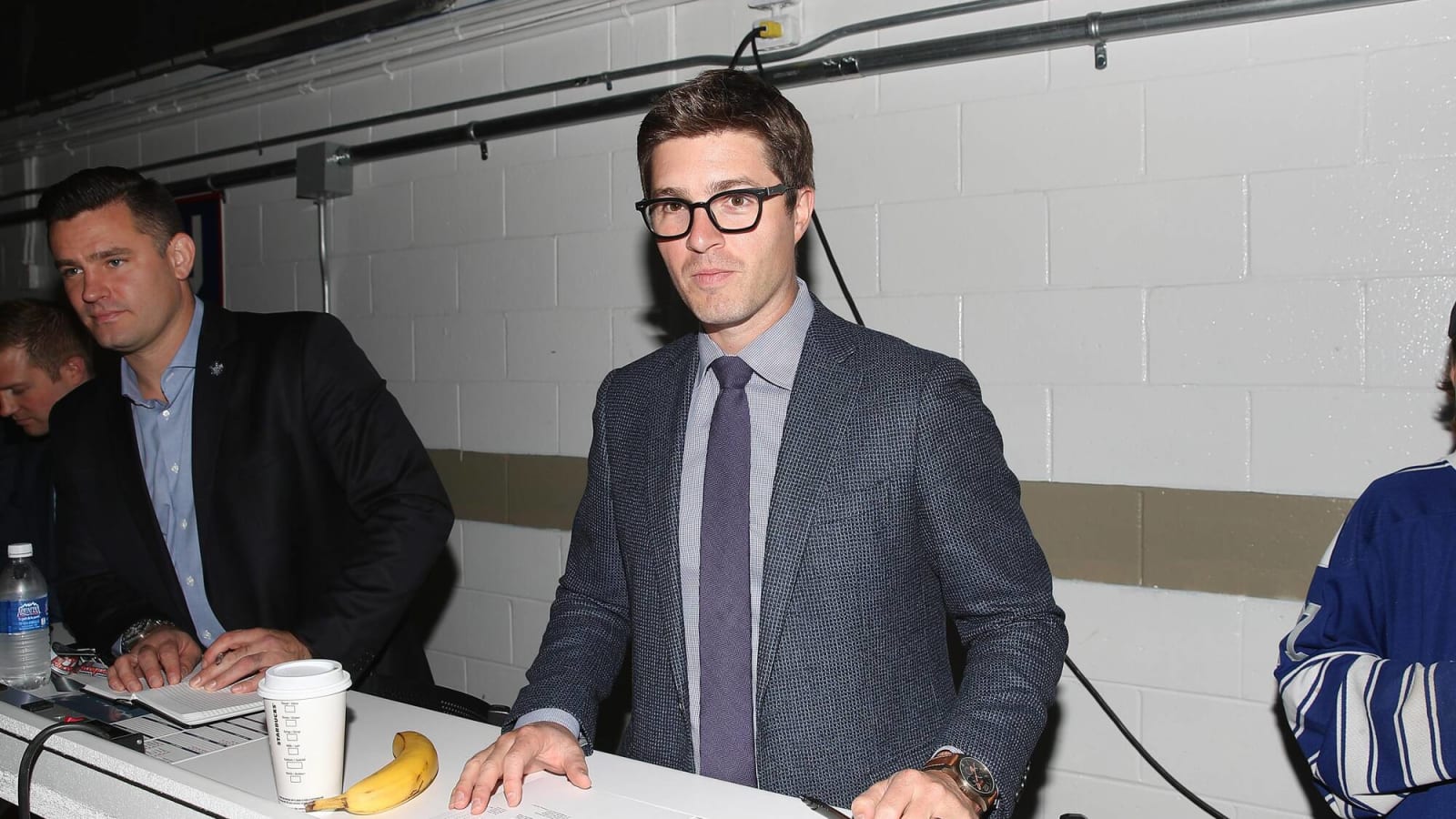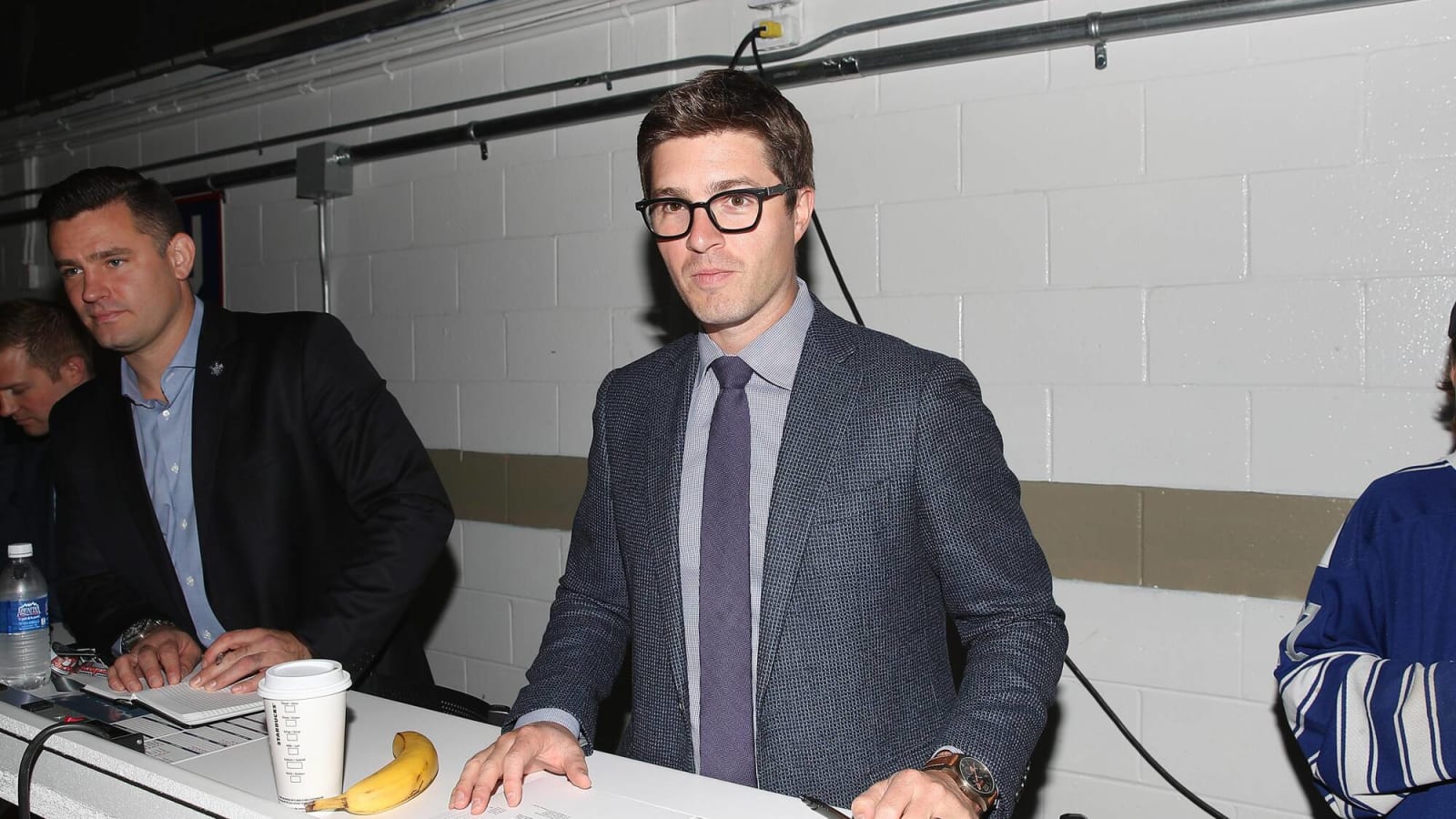
The Pittsburgh Penguins remain in contention for a spot in the Stanley Cup playoffs, albeit with a slim chance. A strong performance over the last 12 games could potentially bring them closer to the Detroit Red Wings, adding pressure to a young team with several players unfamiliar with this situation.
While it’s theoretically possible for the Penguins to make such a run, the reality is that the team never fully bounced back from the emotional blow of losing fan-favorite winger Jake Guentzel at the NHL trade deadline. Many players had expected him to remain with the team, and his departure had a significant impact on morale and performance.
President of hockey operations/GM Kyle Dubas made a strategic move by trading Guentzel, but it had unintended consequences for the team.
Since discussions about Guentzel’s trade began, the team has struggled with a record of 2-9-1, including a disappointing 6-0 loss to the Washington Capitals at home on the night of Guentzel’s trade.
While Dubas’s decision to trade Guentzel wasn’t necessarily wrong, the process and timing of the trade were problematic. Dubas may need to reflect on this experience and learn from it for future reference. Perhaps if he had put Guentzel on the market last summer during the pursuit of Erik Karlsson, the outcome could have been different. It appears Dubas had an understanding of the situation back then, and sometimes facing a difficult decision earlier can soften the blow, much like wrapping a bitter pill in cheese.
The “Calgary Principle” refers to the Calgary Flames’ experience of losing Johnny Gaudreau for nothing and subsequently learning from that lesson by trading Matthew Tkachuk before his contract’s lame-duck year.
In the case of Dubas and Guentzel, there are hypothetical scenarios that could have mitigated the impact of the trade. For instance, Dubas could have traded Guentzel during the two weeks of the bye and All-Star Game, potentially obtaining the same return for him. This timing would have allowed everyone involved to process, express emotions, and then refocus on the remainder of the season. It would have also given Dubas more time to assess the team’s needs and position himself better as a buyer to address those needs.
Had these actions been taken, the Penguins might have achieved three or four more wins, significantly altering the trajectory of the season.
Dubas’s initial approach was correct, as he set soft deadlines but ultimately deferred to the team’s needs. The first decisive moment was anticipated during the team’s trip to Florida in early December, but Dubas retracted his statements made on his team radio show.
Subsequently, he aimed to make a decision by the bye week and All-Star break but refrained from taking either exit route, hoping to allow the team time to find its footing.
In hindsight, Dubas was right in both instances. This was implicitly acknowledged by the Penguins GM, who indirectly admitted that players, including Sidney Crosby, were frustrated about the Guentzel situation. This sentiment was further hinted at in Dubas’s post-trade deadline press conference.
Crosby expressed or currently feels anger toward Dubas for trading away his best linemate, which significantly weakened the Penguins’ chances of making the playoffs. Crosby’s frustration is understandable, but so was Dubas’s decision to prioritize future assets by trading Guentzel for a trio of prospects and acquiring Michael Bunting for a team not expected to contend.
The Penguins’ roster indeed faces significant challenges. Their inability to sustain a consistent level of performance throughout the season is a glaring concern. When faced with pressure, the Penguins have faltered, as evidenced by their recent loss to Dallas. This defeat, coupled with the overall atmosphere in the locker room, suggests that the team is aware of its uncertain future.
The Penguins have struggled noticeably since early in the season, with a string of ugly losses in November and December, followed by more challenges in January and February. Throughout this period, they were on the fringe of playoff contention, experiencing ups and downs while battling internal doubts and challenges.
However, the situation took a drastic turn as the trade deadline approached and the uncertainty surrounding Guentzel’s future intensified. This uncertainty seemed to be a tipping point, leading to a significant collapse for the Penguins.
It’s evident that the team had unaddressed needs, and if the players felt abandoned or left without support, their frustration would be justified.
Had Dubas executed the trade earlier as originally intended, giving Bunting and acquired prospect Vasily Ponomarev more time to adjust and contribute, it might have injected some much-needed energy and enthusiasm into the NHL roster.
Dubas’s decision to delay action until the trade deadline limited his ability to make additional adjustments and trades that could have benefited the Penguins.
Highlighting the mistake, Dubas revealed that discussions between the Penguins and Guentzel’s camp occurred last summer but ceased until the trade was imminent. This lack of ongoing communication suggests that the decision to trade Guentzel was made months prior, leaving the Penguins in need of assistance for a playoff push. However, by waiting, Dubas found himself unable to act effectively and ultimately made a detrimental move that impacted the team.
Dubas’s situation mirrors past general managers who allowed emotions or loyalty to key players like Crosby, Malkin, and Letang to influence their decisions. Acting on his preferred timeline would have provided Dubas with more opportunities to help the team rather than causing significant damage in the end.
Reflecting on this experience, several lessons have been learned, highlighting the importance of timely decision-making and proactive measures to support team success.








